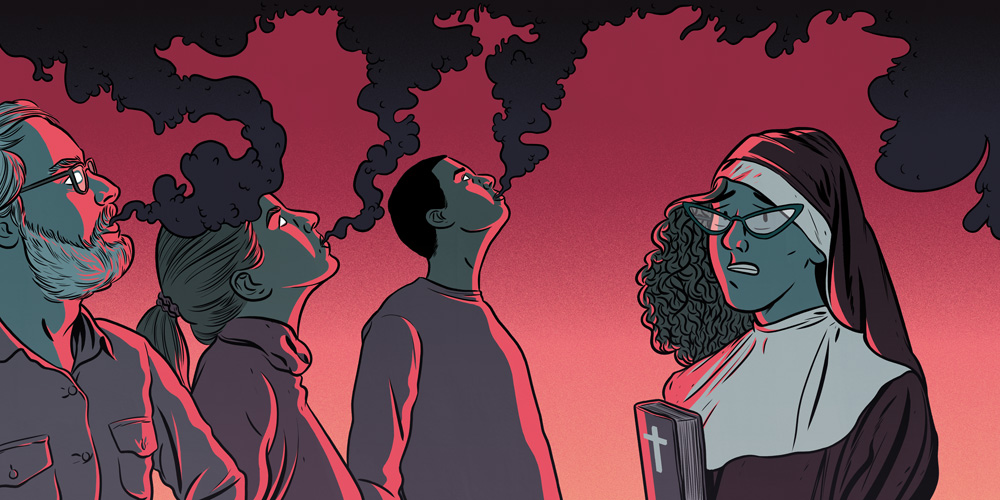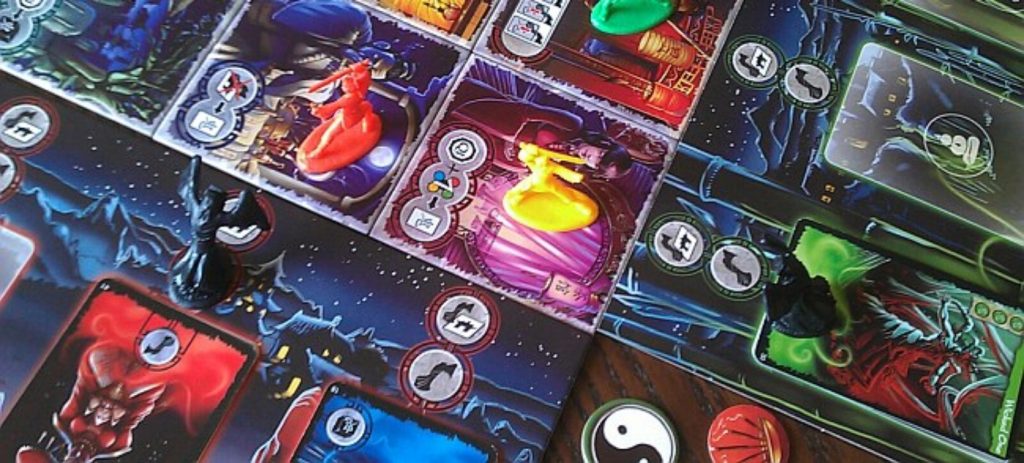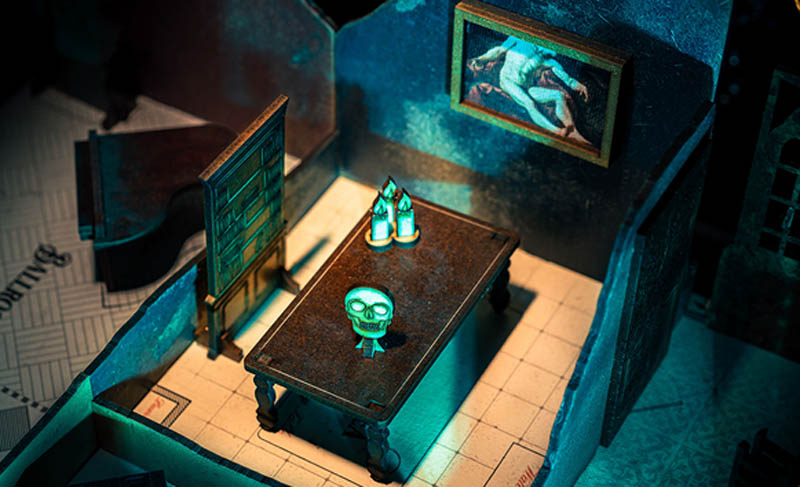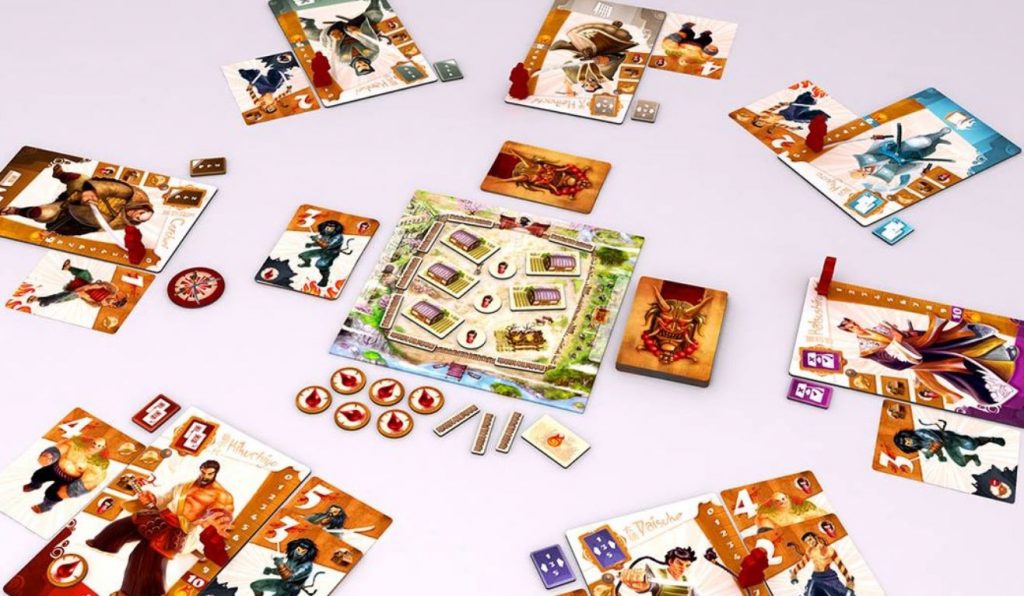[Tactics and Tactility is our column about the feelings, details and pleasures of tabletop gaming. This week we’re looking at Mexica, and the glory of giving good friends the space to be cruel.]
Ava: Some games are a particular joy to teach, because you get to slowly watch the implications play out in real time on the face of your fellow players. Some rules are like a little snowball you start rolling down a hill, and watch turn into an avalanche. Games are systems, and it’s not easy to see the impact of a system until you’re in it.
Enter Mexica.
I’ve explained the rules. I’ve told people that we’re trying to found districts of specific sizes, surrounded by canals, claim those districts, and then vie for ‘spiritual grandeur’ by building the biggest temples in each one. I’ve explained moving, bridges, placing canals and the scoring structure.
What I’ve not explained, is that in about fifteen minutes, everyone around this table will have been an absolute monster to everyone else.
Hidden in the simple but specific rules of Mexica, are a hundred different ways to screw over your friends. Before long, everyone is slamming temples around their enemies; blocking bridges to force people to take impossibly long routes; building the exact wrong canals or moving into the spaces where their opponents desperately need to be.
It’s perfect, it’s cruel, and it’s inevitable.
Watching someone’s face, when they first see an area they’d carefully calculated get founded by someone else? Or when they realise how easy it is to block someone’s walk home? When they’ve got just one spare point at the end of their turn and they use it to do the absolute worst thing to you? It’s beautiful.
It’s a perfect heel turn. We start the game with a cosy competitiveness, that suddenly twists into elegant spite. You wouldn’t do that? You couldn’t be that mean? Oh yes. You would. You could. You will.
Games like Mexica allow you to be mean safely. The mean thing is obvious and easy. There’s no reason not to, and everyone’s going to be doing it to everyone else. The path of least resistance lies through someone else’s carefully manicured plan.
The Estates leaves you with choices that are almost exclusively going to ruin someone’s day. Every action, every auction, results in someone being done over. The water you’re swimming in become so desperately cruel, that nobody minds when you drown them in it. It’s a relief, almost, to not feel responsible for your cruelty. You apologise, as you place a block on top of someone else’s dream.
There’s no real villainy in board games, you’re only playing at it, and that means you can relish it. Enjoy every moment. Though I should mention that games like Cards Against Humanity abuse this safety net, to let people get away with being actually horrible, and I’m not okay with that.
But when it’s the right kind of nasty? I’m in it for the precise moment someone realises they can shut me down. There’s a sly grin, a passive aggressive laugh or a pointed ‘sorry’. There’s a look on their face that tells me they’ve just understood how mean they can be. It’s one of my favourite looks in games.
I love Dead Last a lot more than I like it. It’s not far from being a bullying simulator, with zero weight to each action but lots of theatrical, over in a moment monstrosity. Whenever I explain the rules, I get to the ‘any communication is allowed’ rule quickly, so that eighty percent of groups I teach will immediately decide the first move is to kill me. They plot easily while I’m distracted making sure they understand how this brutal silly game works. It’s a perfect, immediate descent into anarchy, and that’s one of the best things a ruleset can give you.
Watching someone turn evil. Watching someone realise they can use the rules of the game to break the rules of society, just a little, in a safe way? It’s a joy. It’s a voyeuristic thrill that reminds me of the messy but compact drama that comes in a good board game box. Knowing someone is about to go bad? I am here for it. Knowing the whole table is going to turn? There’s nothing else like it.
* * *
So folks, tell me please. What game turned you into the baddie the fastest, the hardest, the cruelest? When did you first succumb to the dark side? When did you most enjoy watching someone else’s fall?
Tactics & Tactility is illustrated by Tom Humberstone.




